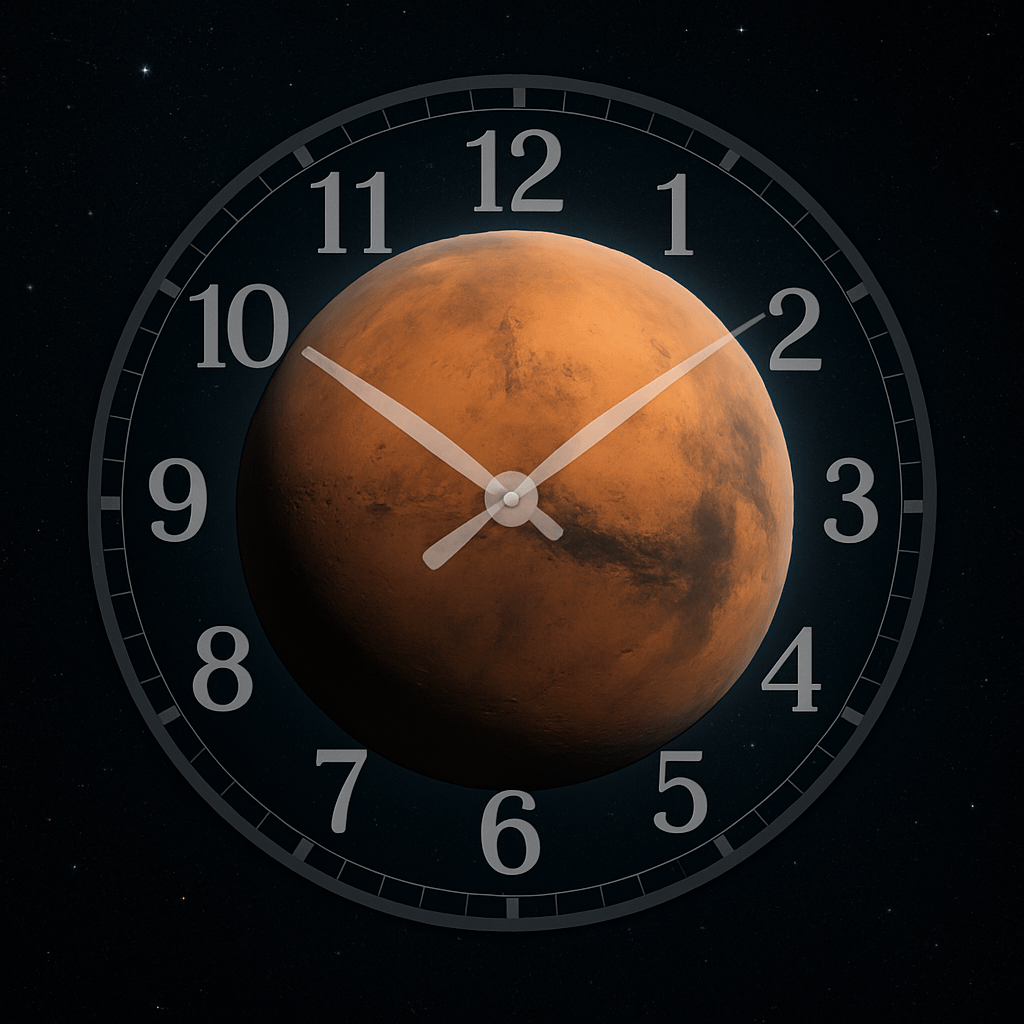Well… sort of. There are some planets with very short days like Jupiter. The length of a Jovian (relating to Jupiter) day is 9 hours, 55 minutes and 30 seconds, because it spins so fast. In fact, Jupiter spins so fast that the equator is actually separate from the poles, and they spin at different speeds!
The boring definitions…
We know there’s nothing worse than having to remember a bunch of boring definitions. That’s why we’ve put them all here for you!
The mean distance between the Earth and the Sun (approximately 93 million miles or 150 million kilometres). It is used for measuring distances within solar systems.
The time taken for a planet to spin once so that the stars appear in the same position again in the night sky.
This is the amount of time it takes for a planet to spin on its axis so that the Sun appears in the same position in the daytime sky (typically when the Sun is on the local meridian). For the Earth a solar day is 24 hours long on average.
Circadian rhythms are your body’s natural 24-hour clock, controlling sleep, alertness, hormones, and body temperature. They’re synced by light and darkness — like an internal timekeeper that helps you feel tired at night and awake during the day.
Mars is a planet with a very similar daily cycle to the Earth. Its sidereal day is 24 hours, 37 minutes and 22 seconds, and its solar day 24 hours, 39 minutes and 35 seconds.
This means that on average, a day on Mars is 40 minutes longer than on Earth.
Would colonists need a 25 hour clock, and how would that work?
Most likely, yes. Space agencies like NASA have already been wrestling with this challenge for years. During missions like Spirit, Opportunity, and Curiosity, teams back on Earth worked on “Mars time“, shifting their sleep schedules forward by 40 minutes each day to stay in sync with the rovers. The result? Their workdays drifted into the night hours — imagine having lunch at 2 a.m. every night for months on end.
To prepare for a permanent human presence, several ideas have emerged:
- Stretch the seconds — Lengthen the Martian “second” slightly so 24 Martian hours fit one sol perfectly. Looks familiar, just moves a little slower.
- Add an extra hour — Redefine the Martian day as 25 Earth hours. Easy to grasp, popular among sci-fi writers and the sleep-deprived.
- Let time drift — Stick to a 24-hour Earth clock and slowly fall out of sync with the Martian sun. It’s been tried. It’s confusing.
Intriguingly, research shows that humans naturally tick along at a circadian rhythm just over 24 hours, so Mars might suit us better than we realised. Your inner body clock may already be dreaming of dusty sunrises and extra sleep.






